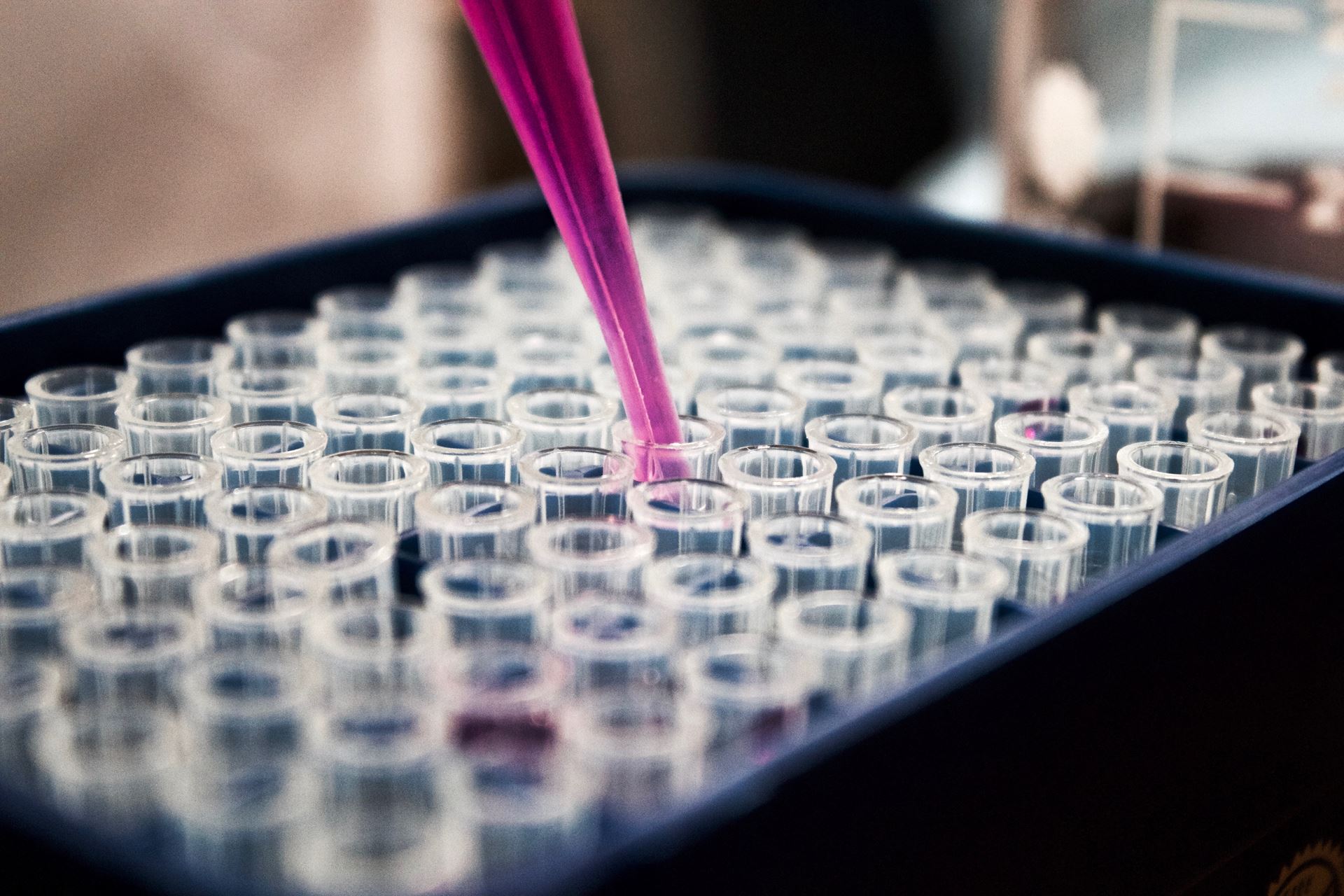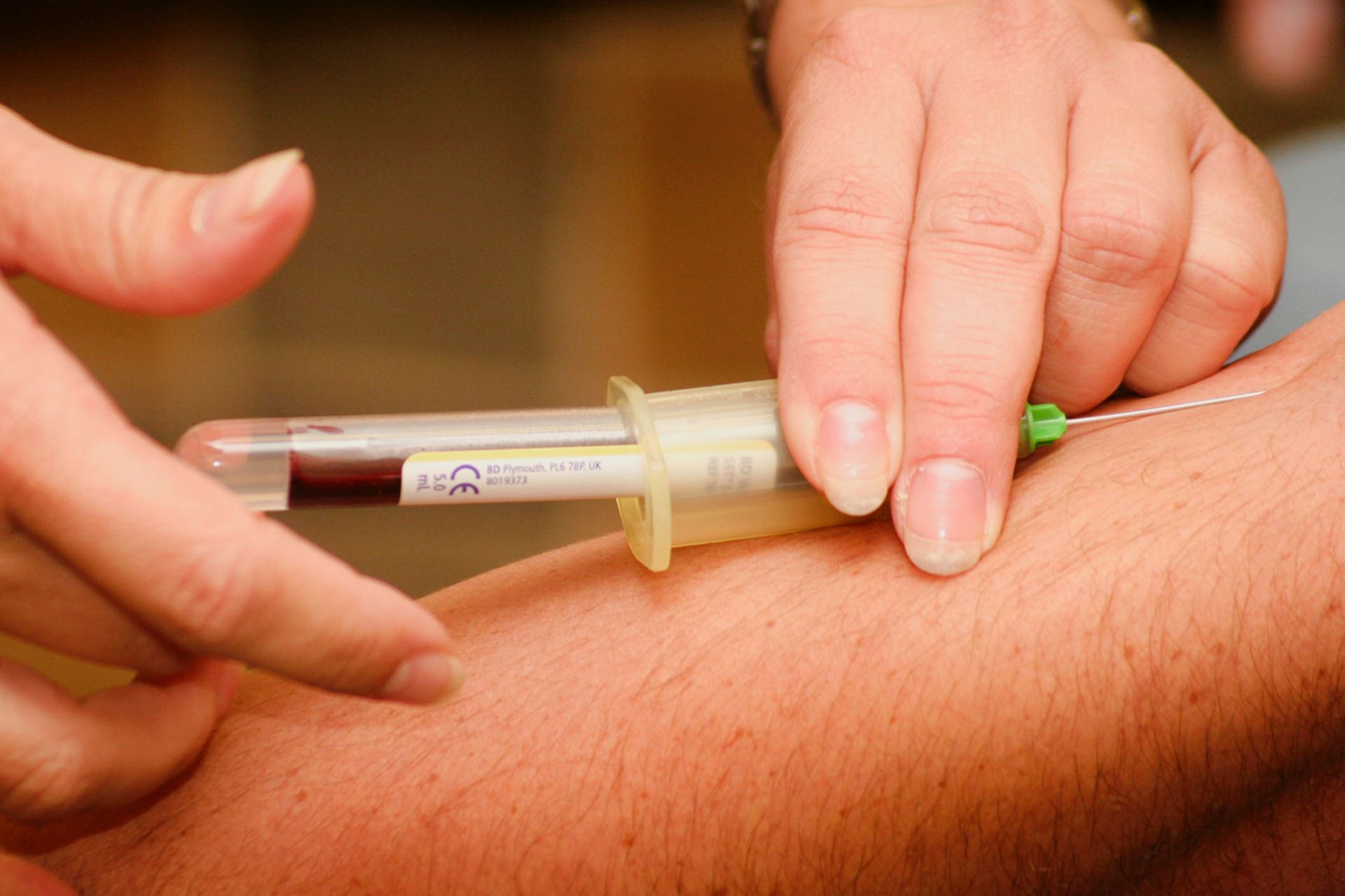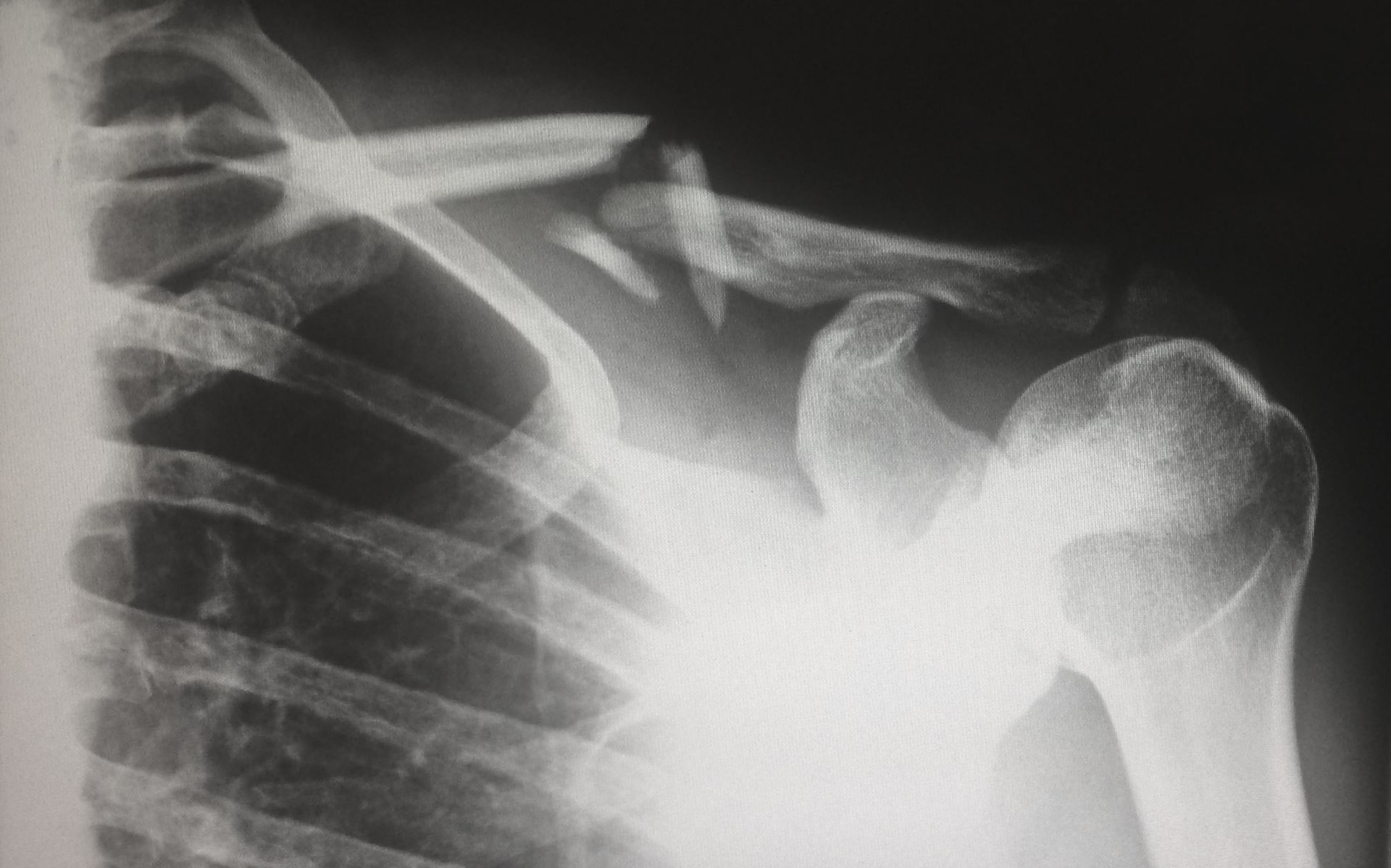Please wait at least 3 working days until you call for results and telephone after 2:00pm for results of laboratory tests such as bloods.
Tests done at hospitals such as X-rays and ultrasounds may take longer to come back to us.
Information will not be given to another person unless we have your written permission.
If you have had a test arranged by the hospital, you will need to contact them for the result.


